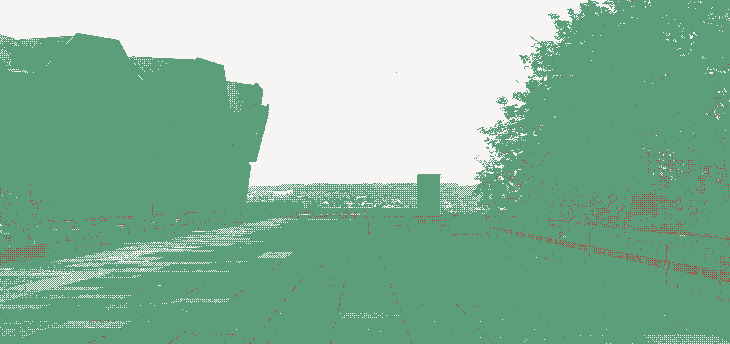
Background: from Urban Zero to Ruhrort Plus
The Urban Zero project was launched to transform the Duisburg-Ruhrort district into a pioneer of sustainable urban development, aiming for full environmental neutrality by 2029. Unlike mere climate neutrality, this goal included factors like particulate matter, water consumption, and land use.
Following significant obstacles, the original initiative was discontinued in 2025 and relaunched as Ruhrort Plus. The decisive turning point was a shift from purely technical "environmental neutrality" toward the guiding principle of "environmental justice". This restart moves away from "top-down" mandates toward a participatory definition of goals.
Workshop Focus: Learning from Failure
The workshop utilizes the "failure" of Urban Zero as a productive resource. Instead of concealing mistakes, the "ruins" of the old planning serve as a foundation for the new strategy. The focus is on bridging the gap between aspirational environmental goals and the practical implementation challenges found in post-industrial urban contexts. To achieve this, the workshop employs "Destructive Prototyping" (Pre-Mortem) as a methodology to identify potential blind spots in the new focus on environmental justice early on. Ultimately, the goal is to redesign project objectives to ensure they are ecologically effective, socially just, and tangible for the residents.
Accompanying research has analyzed the reasons for the termination of Urban Zero, looking also at successful transformation projects in the Ruhr area (Innovation City in Bottrop und Mark 51°7 in Bochum). In this workshop, we aim to use these findings to develop new, supported goal definitions together with the conference community and project leaders.
- Phase 1: Descriptive Failure Analysis (Thesis Check). Presenting identified barriers and comparing them with participants' experiences.
- Phase 2: Destructive Prototyping (Pre-Mortem). Participants adopt the perspective of critics: If Ruhrort Plus were to fail again in two years, what would be the reason this time? This method helps uncover blind spots in the new focus on "environmental justice" early on.
- Phase 3: Participatory Goal Reconstruction. Based on the insights from the first two phases, the project goals are redesigned. The focus is on connectivity: How do we translate ecological metrics into quality of life for residents? What participation rights are necessary for the goals to be supported by the community?
This case offers valuable insights into the gap between aspirational environmental goals and practical implementation challenges in post-industrial urban contexts. We are working together with the new project group, including members of the city administration, the project office, urban planning as well as local initiatives. Representatives from Bottrop and Bochum are invited as well.
Organizational Information
Target Audience (5-20 participants)
Experience with implementing urban transformation projects from different perspectives and disciplines is of advantage but further perspectives are welcome! The focus will be on qualitative research approaches. The workshop language is German.
Duration
Full-day workshop. We will meet in the morning in Duisburg-Ruhrort (self-organized travel, approx. 40 minutes from Bochum by public transport). Following a tour of the neighborhood with the project leaders, we will begin the workshop at the 'UmweltLOKAL'. This space was created as part of the project in the heart of Ruhrort as a community hub and serves as a venue for events, initiatives, and workshops."
Contact
Dr. Sonja Knobbe, Sonja.knobbe@uni-wh.de, Tel.: +49 2302 926 933
International Center for Sustainable and Just Transformation [tra:ce], Universität Witten/Herdecke, Alfred-Herrhausen-Str. 50, D-58448 Witten